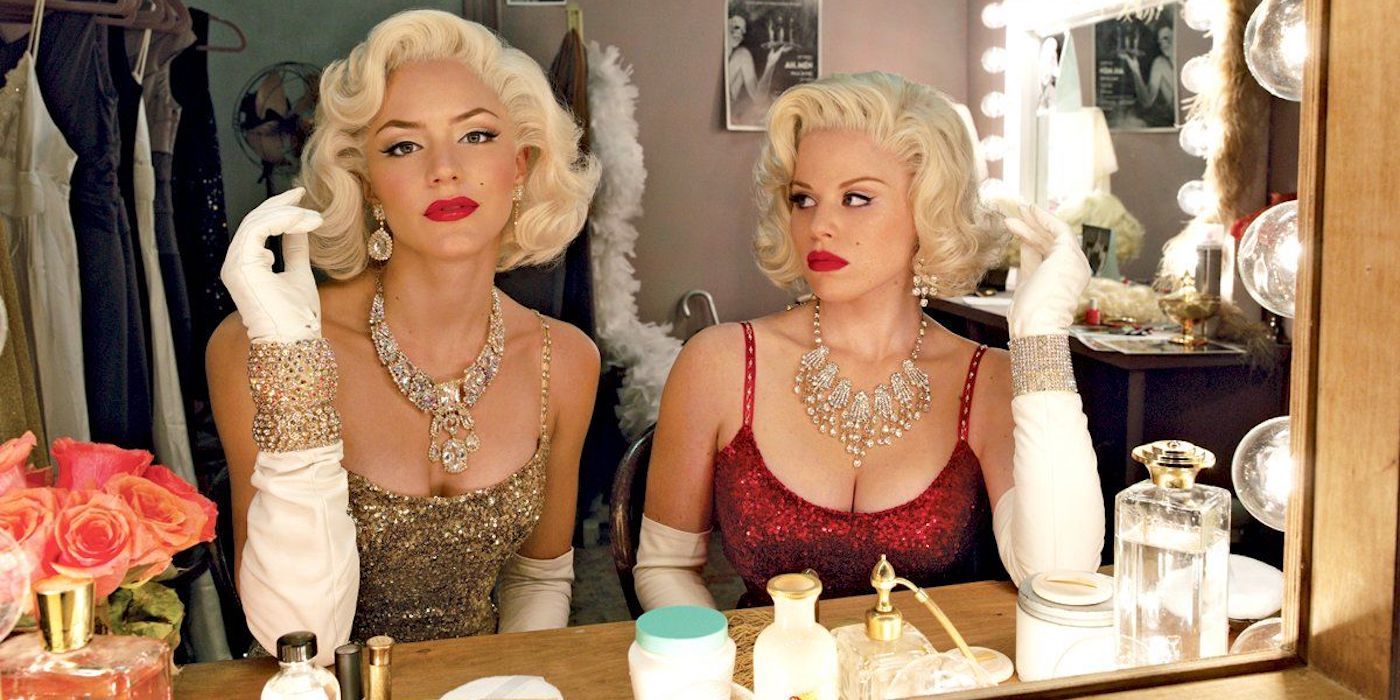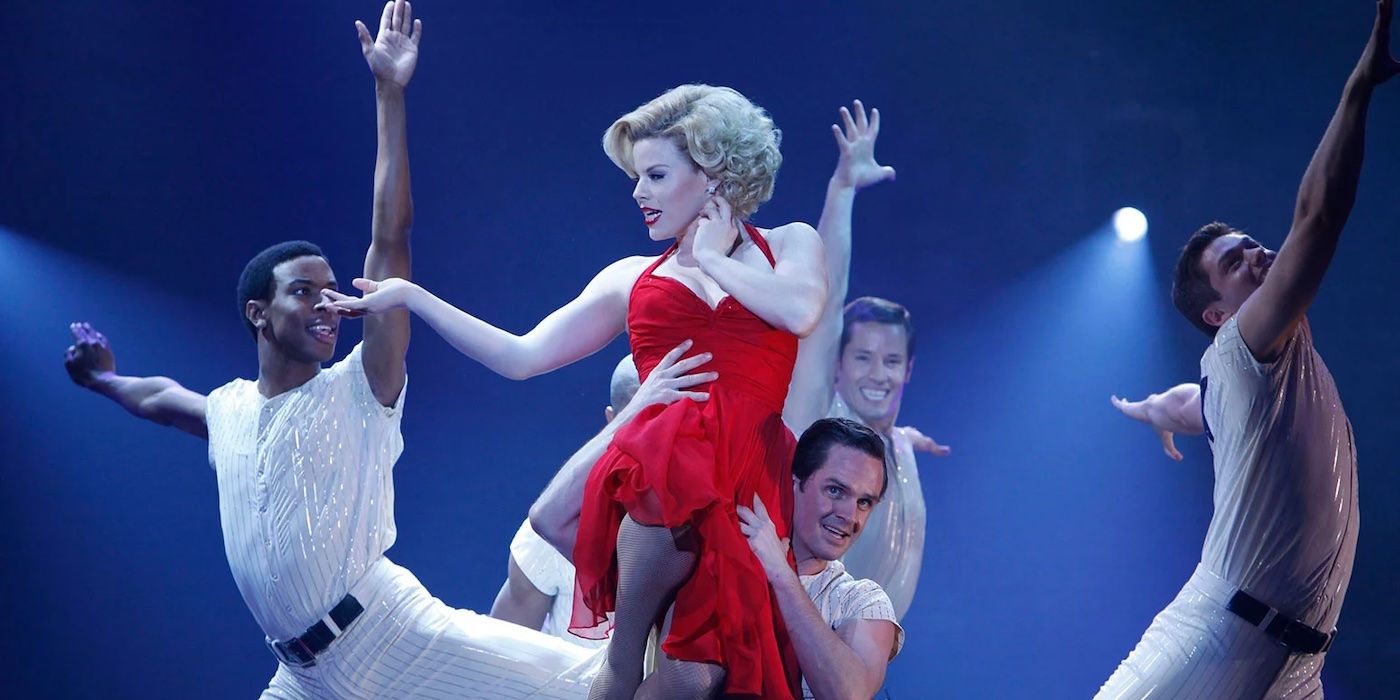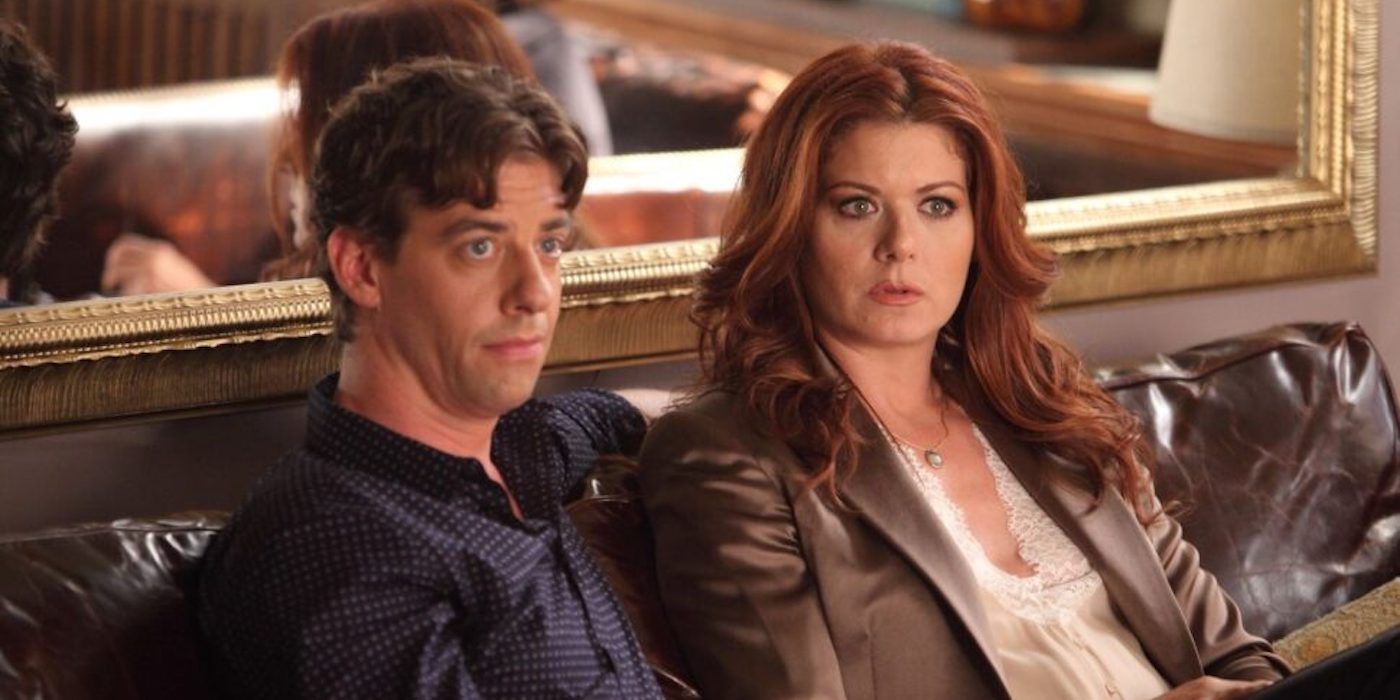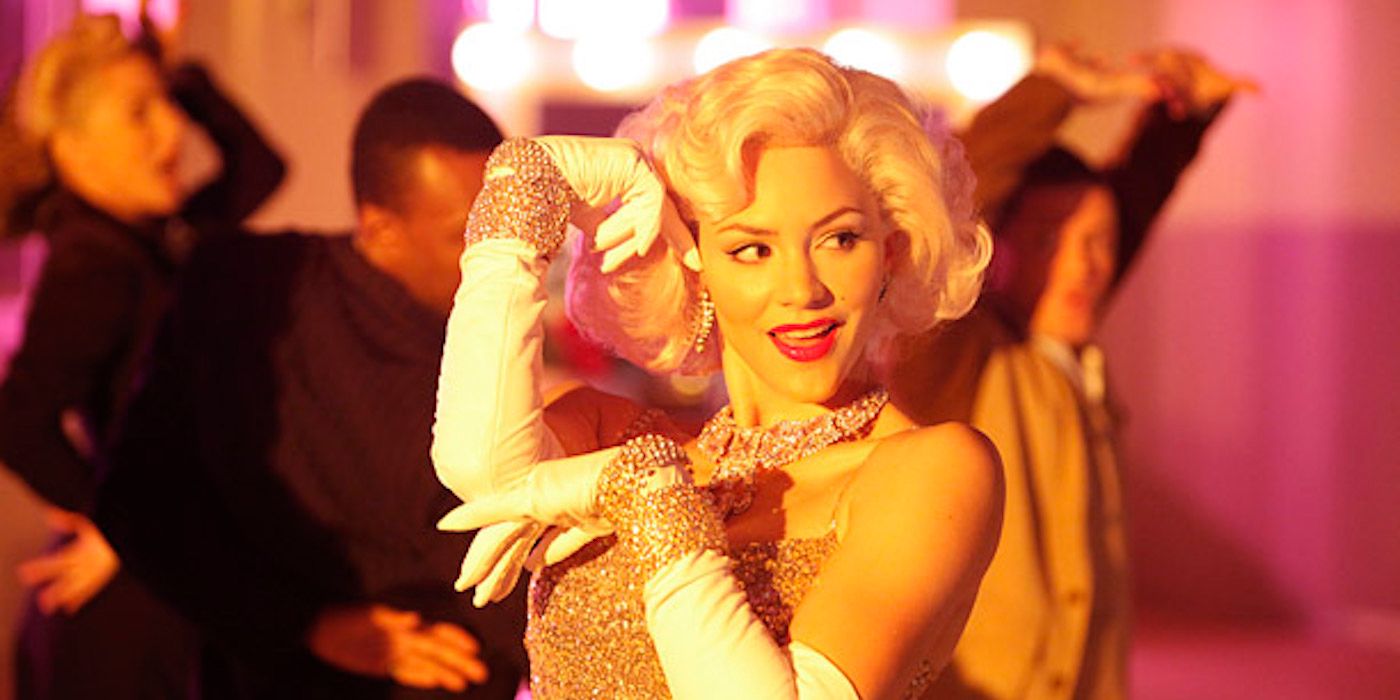Almost exactly 60 years after she died, the world is still captivated by Marilyn Monroe. Her enigma continues to inspire projects based on the icon’s life; it seems that telling Marilyn’s story is Hollywood’s white whale. But even in death, Marilyn remains apart from us. Very few attempts at translating her story to the screen have found success, commercial or critical, whether it be the 2015 TV show The Secret Life of Marilyn Monroe, the 2001 TV movie Blonde, or even the recently released The Mystery of Marilyn Monroe: The Unheard Tapes from Netflix. Despite a promising teaser, even the upcoming reimagining of Blonde (2022) has been criticized for lead Ana De Armas’ performance ahead of the film’s release. Aside from My Week With Marilyn, which is largely the story of the boy who loved her and not of the titular actress, attempts at immortalizing her story have largely failed to leave an impression.
Only time will tell if Blonde finally executes in exposing “the real Marilyn” to the masses, but until then, there is at least one season of an oft-overlooked TV show that effectively tells a Marilyn Monroe tale: Smash Season 1.
Smash is a 2012, Steven Spielberg-produced show on NBC that chronicled the conception and creation of a new Marilyn Monroe Broadway musical called Bombshell, the central conflict of which focuses on the casting of Marilyn herself. Our leads are the standoffish brunette Karen (Katherine McPhee) and buxom blonde Ivy (Megan Hilty) and while the two share very little in terms of personality traits, they do share the season-long struggle over who will play Norma Jeane Baker. Side characters offer plenty of fascinating plotlines as well: predatory director Derek (Jack Davenport) has romances with both leads, playwrights Julia (Debra Messing) and Tom (Christian Borle) whip up a script while dodging the maneuvers of a shady assistant, and an established star named Rebecca Duval (Uma Thurman) is brought in to replace both Karen and Ivy at one point.
The show sprinkles in certain historical aspects of Marilyn’s life as Bombshell comes to fruition, like her doomed romance with Joe DiMaggio and the turbulence of filming The Seven Year Itch. Life in foster homes and her journey through the studio system are also touched upon, but it never attempts to recount Marilyn Monroe’s life exactly as it happened, or even from her perspective. And that’s precisely why Smash is a successful Marilyn story. In Smash, Marilyn can be understood through the goals, triumphs, and failures of other people.
Our central protagonist with the ill-fated name, Karen, represents Marilyn as she’s not often seen by the public: shy, understated, lovely but in the shadows. Karen is the Marilyn who reads books on President Lincoln and watches Ella Fitzgerald sing in jazz clubs. In one scene, we see Karen forced to seduce the director to get the part. She emerges from the bathroom where she has been gathering her courage, coos “Happy Birthday” in his ear, then coolly shuts down his advances. This borderline revisionist moment illustrates why we root for Karen, and in some ways, for Marilyn: we see the Norma Jean in her, the raw talent, all the potential in the world, the humble beginnings.
But it would be a mistake to think Marilyn’s portrayal ends there. She is equally represented by Ivy, the one the audience tends to root against. Overflowing with a natural sensuality, she is larger-than-life and supremely confident, yet she still suffers. Here, we see movie star Marilyn. Sure, she sleeps with Karen’s boyfriend and tries to capitalize on the director’s wolfish casting couch appetite, but perhaps Ivy is a chance to see that Marilyn’s shortcomings and adherence to an exploitative system deserve our sympathy rather than judgment. Our other side characters do an admirable job of showcasing less obvious angles of the star. Julia is one such example. Throughout the slog of working to finish Bombshell, she also attempts to adopt a child within an, at best, lukewarm marriage. One can’t help but find parallels between Marilyn’s own quest for marital bliss and motherhood in Julia’s story.
A songbook that gives Gershwin a run for his money also is a testament to this amalgamation Marilyn: one instant we are absorbed in a melancholy tune based on a poem by William Butler Yeats, "Never Give All the Heart" (“it’s easy to see he was writing for me, I just wish I could play that part”), and the next, we’re bouncing around to a cheeky baseball-themed jig (“A baseball diamond is a girl’s best friend”). The resulting patchwork is exactly the point: Marilyn was not, and is not, just one thing. She was a product of Hollywood producers and PR men, she was Norma Jean Baker with the auburn hair, she was Marilyn Monroe. She was too many things to be reduced to what many films often try, namely a scandalous sexpot mostly admired for her aesthetics. Nor was she simply a sad face, a joyless bastion of beauty in a cruel world. She was many things, and to those who love her, she is everything. In that way, she’s just like the rest of us.
Stories like Blonde struggle immensely under the weight of such widespread misunderstanding. Ana de Armas certainly has a likeness to Marilyn, but reducing her to a face would be a perversion of her legacy. On the flip side, getting her voice down to a science would be only part of the equation, especially considering “the Marilyn voice” was part of the facade as well. That’s why a motley cast of disparate characters can tell the Marilyn story better than just one casting choice (despite Michelle Williams’ bravura performance), or a straightforward retelling of the facts. The Jackie vs. Marilyn setup was subverted by Smash; not only does Karen have something to say about Marilyn, but so do Ivy, Julia, Tom, and even Derek. Smash’s ensemble allows us to feel Marilyn, and feel her through the lens of modern characters with relatable motivations, even if we don’t see her.
Smash’s Season 1 finale is the encapsulation of this duality, this multiplicity, of Marilyn Monroe: In the very last scene, one of our leads is on stage, arms outstretched, begging hundreds of people to let her be their star. The other is sitting backstage, slipping into a narcotic haze, alone.




